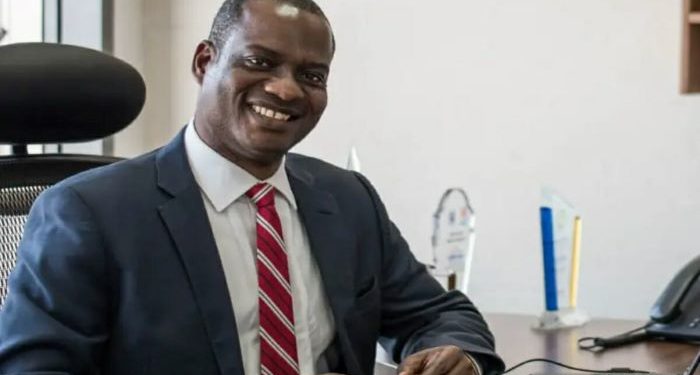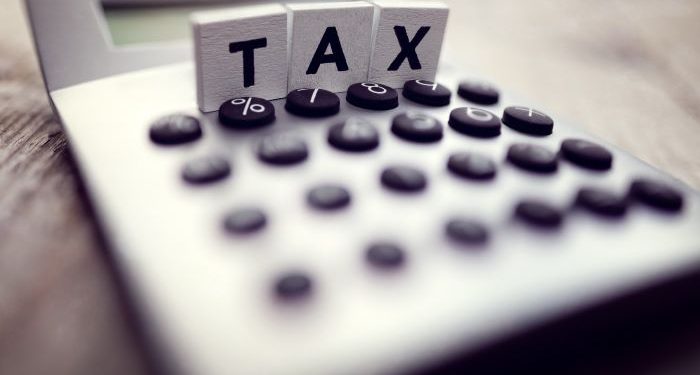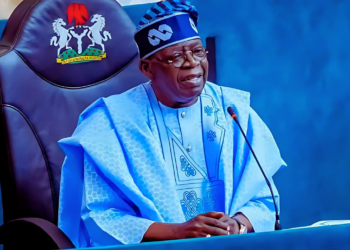In a significant shift in Nigeria’s fiscal policy landscape, President Bola Tinubu’s administration has set out on a mission to review and overhaul the country’s taxation system.
This ambitious endeavour, led by the Presidential Committee on Fiscal Policy and Tax Reforms, chaired by Taiwo Oyedele, aims to reshape the way taxes are imposed, collected, and utilized in Nigeria.
The Past: A Complex Tax Regime
Before the advent of President Tinubu’s administration, Nigeria’s tax system was characterized by complexity and a multitude of taxes and levies.
This complicated structure not only burdened individuals and businesses but also posed challenges for efficient revenue collection.
Taxes seemed to multiply year after year, adding to the already considerable tax burden on the populace.
The Present: A Commitment to Streamlining and Reducing Taxation
Under the leadership of Taiwo Oyedele and the Presidential Committee on Fiscal Policy and Tax Reforms, a clear vision has emerged.
The primary objective is not to impose higher tax rates or introduce new taxes but to rationalize and streamline the existing tax framework.
In essence, the administration seeks to reduce the number of taxes and levies while enhancing revenue collection mechanisms.
Mr. Taiwo Oyedele emphasized that the goal is to “harmonize revenue collection” in a manner that lessens the tax burden on individuals and businesses alike.
The key principle is to avoid taxing critical areas such as investment, capital, production, and poverty.
Instead, the focus is on comprehensively reviewing and re-enacting major tax laws to create a more stable and predictable fiscal environment, reducing the necessity for frequent tax changes through annual finance acts.
Notable Quote
The head of the Presidential Committee on Fiscal Policy and Tax Reforms, Mr Taiwo explains:
- “We do not intend to introduce new taxes or impose higher tax rates. Rather, our mandate is to reduce the number of taxes and levies while harmonising revenue collection to reduce the burden on the people and businesses.
- The objective is to avoid taxing investment, capital, production or poverty. We plan to review and re-enact the major tax laws in a holistic manner thereby limiting the necessity for frequent changes through annual finance acts.”

The New Approach: Leveraging Technology and Efficiency
President Tinubu’s administration is guided by a visionary target: achieving an 18% Tax-to-GDP ratio within three years.
While this might appear ambitious, it’s founded on careful analysis. The average tax-to-GDP ratio for Africa, excluding Nigeria, stands at around 18%.
This forms the basis for Nigeria’s target, which seeks to close an estimated tax gap of N20 trillion.
Crucially, the approach is not about burdening the populace with higher taxes. Instead, it hinges on harnessing technology and tax intelligence to bridge the tax gap.
The committee’s plans include rationalizing incentives, reducing the cost of tax collection, and optimizing revenue generation from government assets and natural resources.
By leveraging technology, Nigeria can improve tax collection efficiency, reduce evasion, and expand the revenue base without resorting to additional taxes. The emphasis is on working smarter, not harder, to achieve fiscal sustainability.
Looking Ahead: A Brighter Fiscal Future
As Nigeria embarks on this transformative journey, the path forward appears promising.
The commitment to fiscal reform, spearheaded by President Tinubu’s administration and the dedicated efforts of the Presidential Committee on Fiscal Policy and Tax Reforms, signifies a brighter fiscal future for the country.
The overhaul of tax policies and the embrace of technology-driven solutions are likely to result in improved revenue collection.
This, in turn, could provide the government with more resources to invest in critical sectors such as infrastructure, education, and healthcare.
Streamlining the tax system and reducing the tax burden on businesses is expected to create a more favourable business environment.
This could attract domestic and foreign investments, fostering economic growth and job creation.
For any enquiries please, email our editorial team at [email protected]. If you liked this story, kindly sign up for Clariform Newsletter, a handpicked selection of stories that helps you clarify things that matter and gives you clear signals about your world, delivered directly to your inbox.
Please subscribe to our YouTube channel, and join thousands of Clariform on Facebook, Twitter and Instagram.












